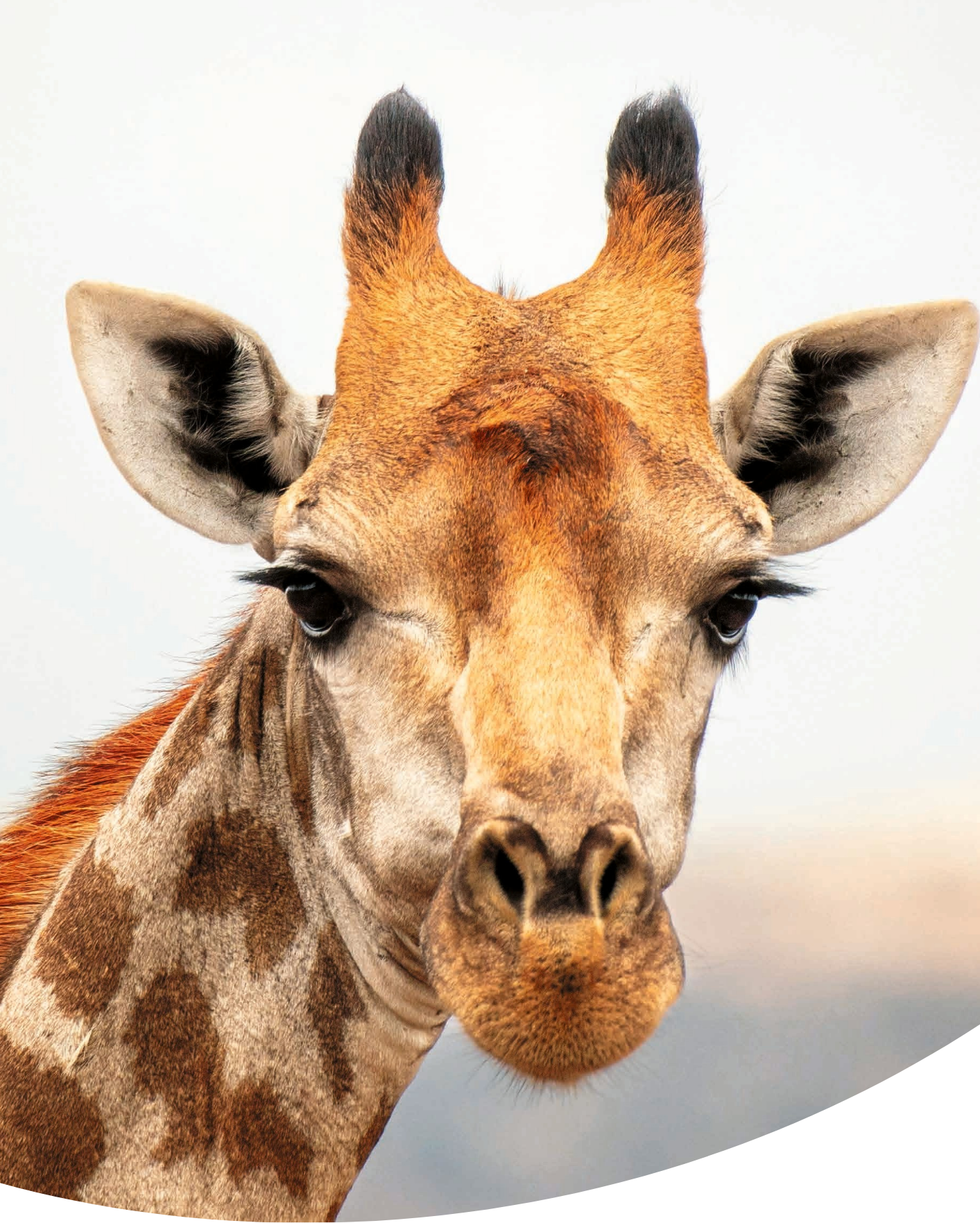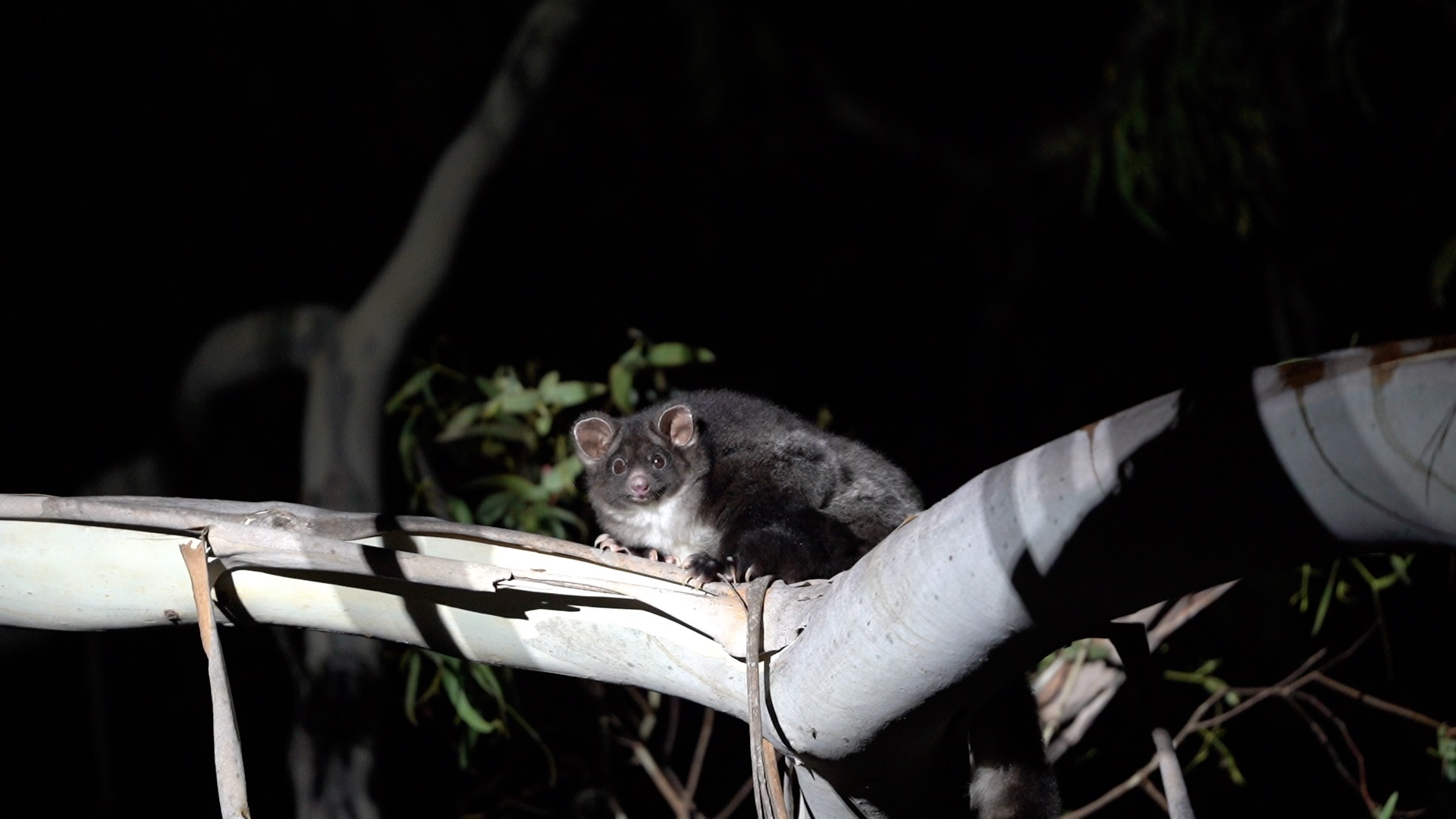Find out more about our work on federal environment reforms, the recent victory in protecting whale sharks, an update on our partner projects and lots more.
After no less than fifteen whales, including at least four calves, have been through the trauma of entanglement in the Queensland Government’s shark nets during this humpback whale migration, Queensland Premier David Crisafulli insists on defending these nets and making false claims that they work for public safety.
These assertions have been echoed by Tony Perrett, Minister for Agriculture who claimed, without any scientific foundation, that “traditional methods, such as nets and drumlines, are scientifically proven to be the most effective tool in protecting swimmers.”i
This is simply not true.
Recent scientific analysis published by global shark experts concluded that there is no difference in the number of shark bite interactions between netted and a non-netted beaches.ii
When Humane World for Animals Australia took the Queensland Government to court over its Shark Control Program (SCP) in the Great Barrier Reef Marine Park, a tribunal of judges found that evidence against shark culling having a benefit for public safety in Queensland was “overwhelming”.iii
In that court case and under oath, Queensland scientist Daryl McPhee told the Tribunal he would never recommend a lethal program and could never imagine advocating for a lethal shark program anywhere. He agreed that it was “highly plausible” that if the SCP became non-lethal tomorrow, we would see “no discernible change in unprovoked shark bites, in particular fatalities.”iv
There is regularly a chorus of scientists in the media pointing out that shark nets and traditional drumlines are not barriers and that they do not prevent sharks from coming into shore. The shark nets we are protesting are not the nets that form genuine barriers and enclosures at beaches without surf, they are the shark culling nets installed 500 metres offshore from surf beaches, that have been designed to catch and kill sharks, as well as every other large animal with the misfortune to swim into them.
These shark culling nets are incapable of preventing shark bites. Sharks easily swim over and around them. The shark fatality at Dee Why Beach in September this year gives tragic testimony to this reality.
In fact, there is growing concern that shark culling nets and traditional drumlines may be counterproductive for public safety, as dead and dying animals trapped in the nets and hooked on the drumlines risk attracting larger sharks to the popular swimming spots they are supposed to be protecting.
We urge all government ministers to drop the spin and stop pretending that shark nets and traditional drumlines do anything more than provide a false sense of security to swimmers and surfers.
Marine animals are suffering unnecessarily in shark nets, for the sake of this illusion of safety, which politicians perpetuate for their own self-interest, rather than genuine public interest.
When you stop to ask the public what they really want, the answer is resounding.
The Gold Coast Bulletin published a poll in October this year, to which over 5000 people responded. 96% of respondents wanted shark nets removed from the water during the winter whale migration. v
It’s time for Queensland politicians to start listening to the public and to genuine science.
It is time to get the nets out.
References
i Calls for shark net ban after five whales caught in a single week SMH 19/09/25
ii Shifts in the incidence of shark bites and efficacy of beach-focussed mitigation in Australia – PubMed
iii Environmental Law Australia | Shark drumline case
iv Humane Society International (Australia) Inc and Department of Agriculture & Fisheries (Qld) [2019] AATA 617 (2 April 2019) para 94
v Gold Coasters deliver verdict on shark nets in landslide poll | Gold Coast Bulletin


